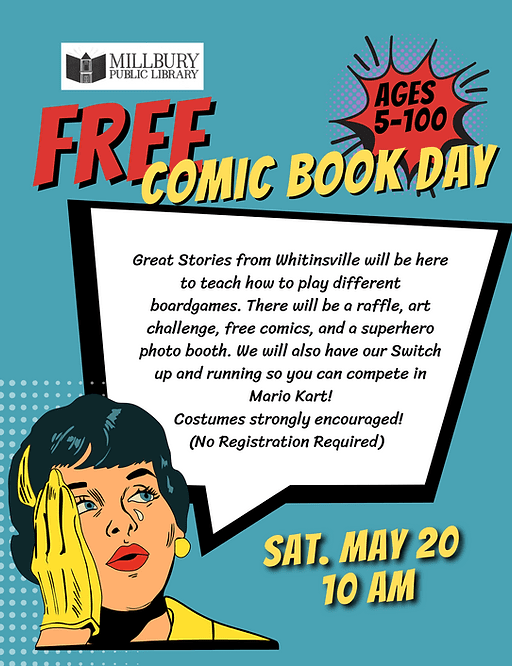Reading non-fiction books is an efficient way to learn something new, as they provide insightful information on various topics from science to personal development. Here are ten non-fiction books that are guaranteed to teach you something new. “Thinking, Fast and Slow” explains how our minds work. “The Immortal Life of Henrietta Lacks” tells the story of a woman’s contribution to medical research. “Sapiens: A Brief History of Humankind” offers historical insight into human race. “The Power of Habit” explores how habits are formed and can be broken. “The 7 Habits of Highly Effective People” focuses on personal development. “Quiet: The Power of Introverts in a World That Can’t Stop Talking” examines the often-overlooked strengths of introverted people”. “Guns, Germs, and Steel: The Fates of Human Societies” offers an explanation for the wealth and power of certain societies. “The New Jim Crow” is a powerful indictment of the American criminal justice system and its role in racial inequality. “The Emperor of All Maladies: A Biography of Cancer” offers a comprehensive history of cancer, and “The Sixth Extinction: An Unnatural History” explores the ongoing extinction crisis and humans’ role in causing it.
10 Non-Fiction Books That Will Teach You Something New
Reading is one of the most efficient ways to learn something new. Non-fiction books are especially valuable in this regard, as they provide readers with valuable insights and information about a wide variety of topics, ranging from science to economics to personal development.
Here are 10 non-fiction books that are guaranteed to teach you something new:
1. Thinking, Fast and Slow by Daniel Kahneman
This book explores the human mind and how we make decisions. It discusses the two systems of thinking humans use and explains how they work and interact. The author does an excellent job of breaking down complex concepts into accessible language and offers concrete examples of how to apply this knowledge in your own life.
2. The Immortal Life of Henrietta Lacks by Rebecca Skloot
The Immortal Life of Henrietta Lacks tells the story of a woman’s contribution to the field of medical research. Her cancer cells were used in countless scientific experiments, yet her identity remained unknown for decades. This book explores the medical and ethical implications of using human cells for research and raises important questions about informed consent and personal privacy.
3. Sapiens: A Brief History of Humankind by Yuval Noah Harari
Sapiens offers a sweeping historical account of the human race, from our origins in Africa to the emergence of modern civilization. The author offers his insights into some of the most important events in human history, including the agricultural revolution, the rise of capitalism, and the scientific revolution.
4. The Power of Habit by Charles Duhigg
This book explores how habits are formed and what we can do to change them. The author examines the science behind habit formation and offers practical advice on how to break bad habits and adopt healthy ones.
5. The 7 Habits of Highly Effective People by Steven Covey
This classic self-help book focuses on personal development and offers readers valuable insights into how to become more effective and productive in all aspects of life. The author emphasizes the importance of developing habits that lead to success and offers concrete suggestions for how to do so.
6. Quiet: The Power of Introverts in a World That Can’t Stop Talking by Susan Cain
This book explores the often-overlooked strengths of introverted people and offers insights into how they can thrive in a world that tends to favor extroverts. The author challenges the notion that being outgoing and talkative is necessary for success and offers practical advice for introverts looking to succeed in their personal and professional lives.
7. Guns, Germs, and Steel: The Fates of Human Societies by Jared Diamond
This book offers a fascinating explanation for the wealth and power of certain societies over others. Drawing on his background in anthropology and geography, the author argues that historical and geographical factors were responsible for the rise of certain civilizations and the fall of others.
8. The New Jim Crow by Michelle Alexander
The New Jim Crow is a powerful indictment of the American criminal justice system and its role in perpetuating racial inequality. The author argues that the “War on Drugs” has been used as a tool to perpetuate the oppression of minorities and offers insights into how to push back against these injustices.
9. The Emperor of All Maladies: A Biography of Cancer by Siddhartha Mukherjee
The Emperor of All Maladies offers a comprehensive history of cancer, from its earliest origins to modern-day treatments. The author does an excellent job of explaining complex medical concepts in accessible language and offers insights into the ongoing battle against this disease.
10. The Sixth Extinction: An Unnatural History by Elizabeth Kolbert
The Sixth Extinction explores the ongoing extinction crisis and the role that humans have played in causing it. The author argues that we are currently experiencing a mass extinction event, the sixth in the history of the planet, and that we have the power to stop it.
In conclusion, these 10 books offer invaluable insights and information on a wide variety of topics. Whether you’re interested in history, science, personal development, or social justice, there’s something on this list for you. Happy reading!
